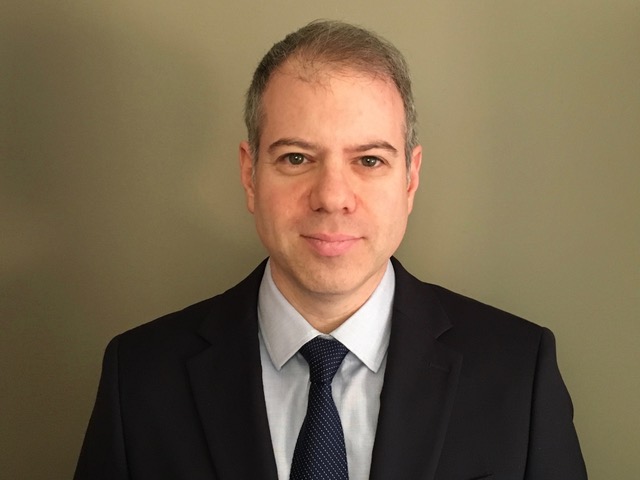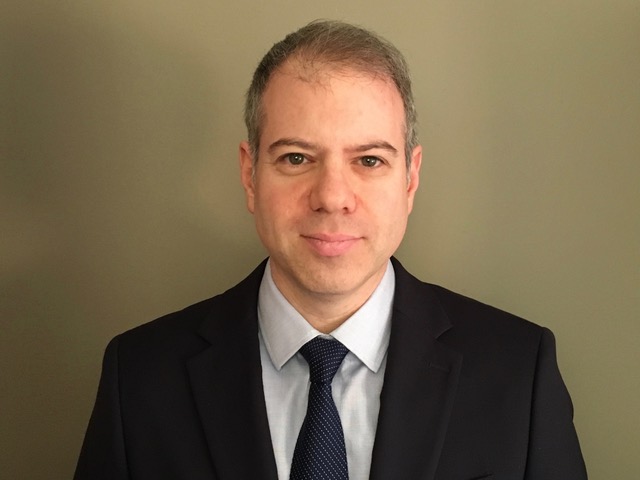
Editor’s note: This article was first published by Arutz Sheva. It is reprinted with permission from the author.
With this year’s Yom HaShoah commemoration we are confronted with the rise of a new form of Holocaust denial that has come to rival that which has been peddled by neo-Nazis for decades. Yet even as Jewish organizations issue warnings about surging anti-Semitism, they have largely failed to call out the cynical misuse of Holocaust memory for leftist political ends we now see.
Unlike the old denialism, the new one has seeped into mainstream media and politics, and even the discourse of Jews themselves. And unlike the neo-Nazis, its purveyors readily admit the horror of the Shoah. They then proceed to expropriate its themes, imagery, and memory for their own goals, such as undermining the State of Israel or advancing causes at odds with authentic Jewish values.
They thus effectively deny the Holocaust by uprooting it from its Jewish context and misapplying it for illegitimate purposes. Whereas the original denial is bluntly and obviously anti-Semitic, the new one is more subtle and preys upon that quintessential Jewish weakness, Jewish guilt.
The technique takes its ultimate form when it is weaponized and employed by Jewish leftists against Israel. Descendants of the victims of the actual Holocaust are thus likened to “Nazis” even as genuinely anti-Semitic Arabs are compared to Jewish concentration camp inmates.
Examples of this attack on Holocaust memory are regularly spewed forth by anti-Israel propagandists. When the left falsely equates foreign migrants who have illegally infiltrated Israel for economic reasons to Jewish Holocaust victims, it is engaged in a new type of denial. Leftist advocates for infiltrators who turned Israeli neighborhoods into a living nightmare for Jewish citizens enduring violent crime and anti-Semitism at the hands of those same infiltrators thus desecrate the memory of the Shoah in their quest to undermine Israel’s Jewish character.
Another example is the grotesque leftist comparison of Anne Frank with Ahed Tamimi, who assaulted an Israeli soldier and is a member of a notorious Palestinian family known for its anti-Israel provocations and support for terrorism. The innocence and victimhood represented by Anne Frank have proven particularly irresistible for the new denialists as they have stooped so low as to literally wrap her image in that notorious symbol of Palestinian terrorism, the keffiyeh.
Holocaust denial via expropriation of memory has also played a prominent and unacceptable role in leftist responses to the Trump administration. Every time commentators, pundits, and politicians liken the administration’s policies to those of the Nazis, they not only smear President Trump, they also pervert the memory of the Holocaust and feed the growing beast of the new denialism.
Years have now passed since the 2016 presidential campaign when this trend was allowed to take root and yet elderly Holocaust survivors are still being used by the left and mainstream media outlets to criticize the Trump administration. We must not allow criticism of the administration to be illegitimately conflated with Holocaust remembrance and the fight against resurgent anti-Semitism. It bears mentioning that the troubling increase in anti-Semitism we have witnessed in recent years generated far less media attention during the Obama administration than it does now.
We have also seen the hijacking of the “Never Again” slogan. If there was ever a cry that succinctly summarized the real lessons of the Holocaust and captured the righteous rage and resolute determination of the Jew to never allow it to happen again, “Never Again” was it. Nonetheless, we allowed it to be lifted from the lexicon of Jewish memory and repurposed by allies of those who are engaged in anti-Israel activism.
Obviously, not everyone who invokes the Holocaust outside of its Jewish context does so with ill intent. Even so, we must be vigilant as it is forbidden to sit quietly while Holocaust memory is perverted by groups opposed to the State of Israel, or those which are antithetical to Jewish values.
As we move further away in time from the Shoah, “classic” anti-Semitism remains a potent force for evil, especially in the internet age. But at least it is a phenomenon that Jewish organizations are willing to recognize. Will they sit idly by as activists on the other end of the political spectrum continue to snatch Holocaust memory away from the core of Jewish consciousness and turn it into a weapon to be used against us?
Holocaust memory is a sacred thing for Jews. Like the Holy Ark that was once captured by the Philistines, it is in danger of being confiscated by our enemies. It’s time to take back the memory of the Holocaust and place it where it belongs, with the Jewish people and the Jewish State.
Eric Ruskin is an attorney and a member of the Board of Directors of the Israel Independence Fund.









